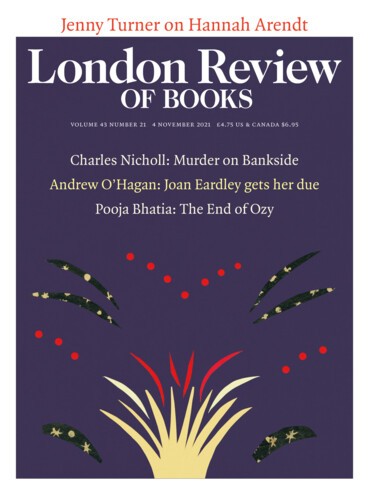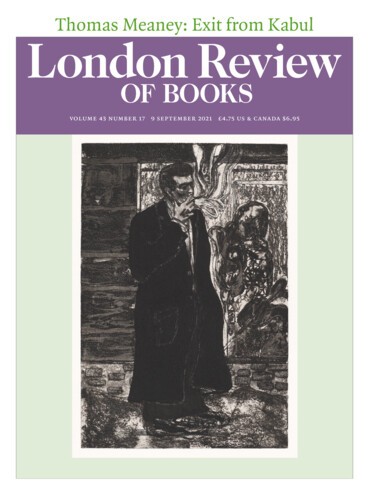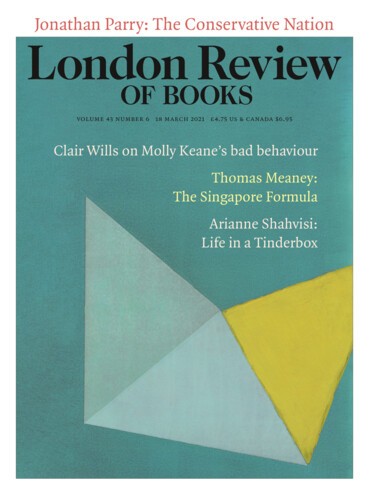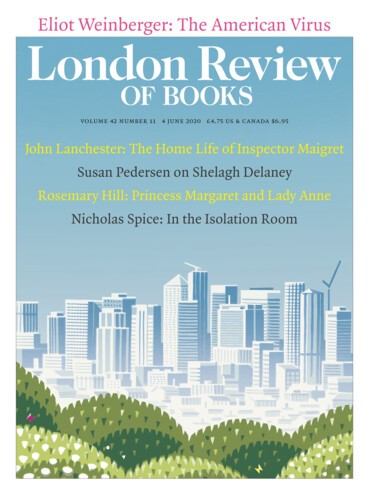Aprivileged Westerner arrives in a foreign country – for a jaunt or a holiday or to escape the past. Through a naive or arrogant disregard for the indigenous culture, he or (just as often) she runs into serious trouble, implicated in a death for which, eventually, a debt must be paid. The setting is luxurious, the lifestyle hedonistic, the climate oppressively hot. Prodigious amounts...
Lawrence Osborne’s novels include all the props associated with thrillers: guns, heists, bribes, spiked drinks, assumed identities, ghostly visitations and suitcases stuffed with banknotes. But the plot is only a fraction of the story. These are novels about place, with a fanatical immersion in everything that defines a place (terrain, weather, architecture, traffic, food, noise, smell), an immersion reproachful of those, whether colonisers, expats, sex tourists or ‘beg-packers’, who don’t make the effort to observe and engage.





